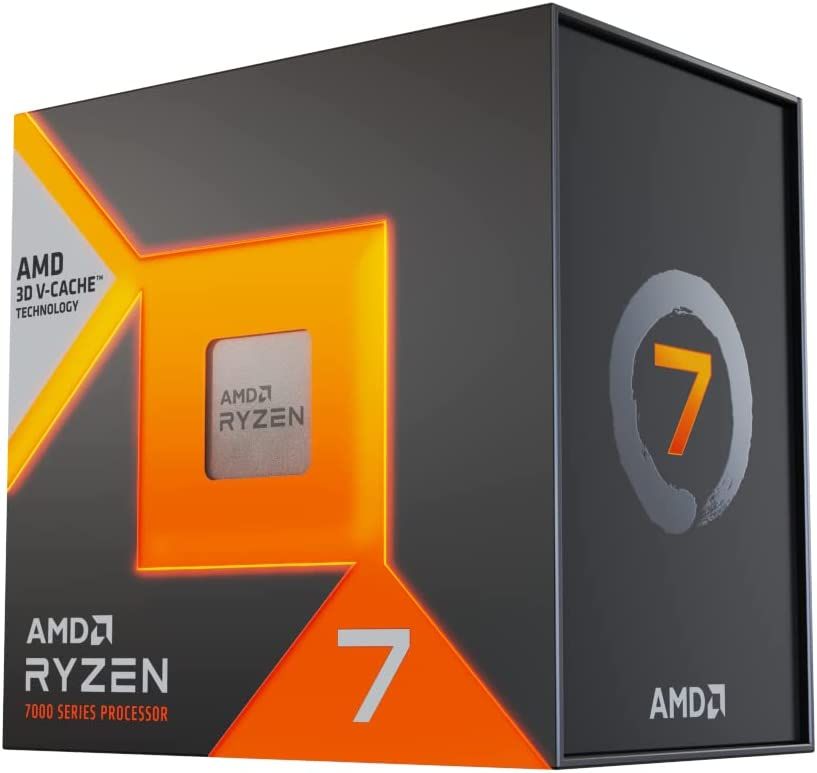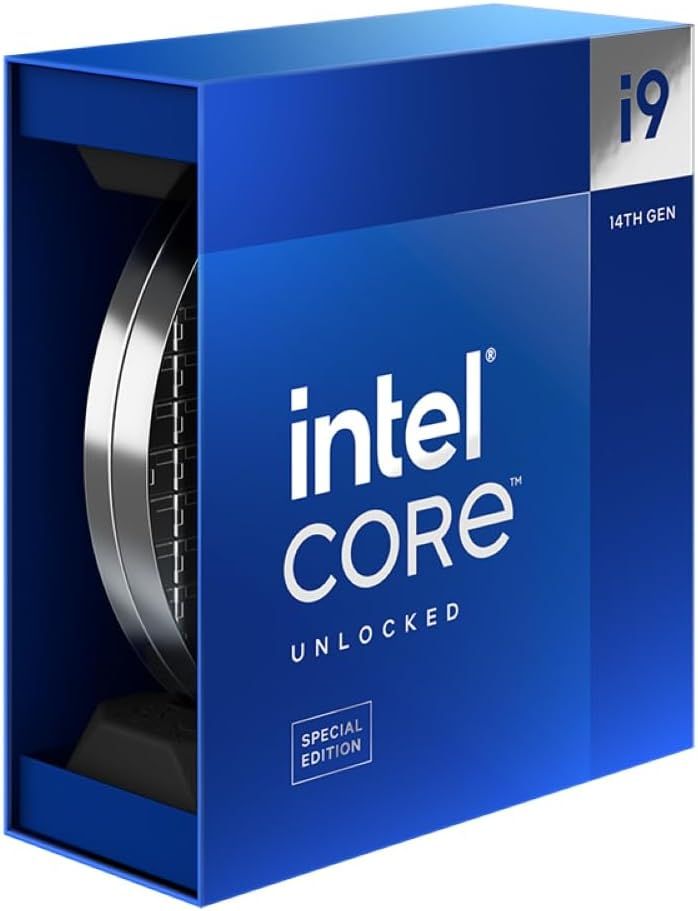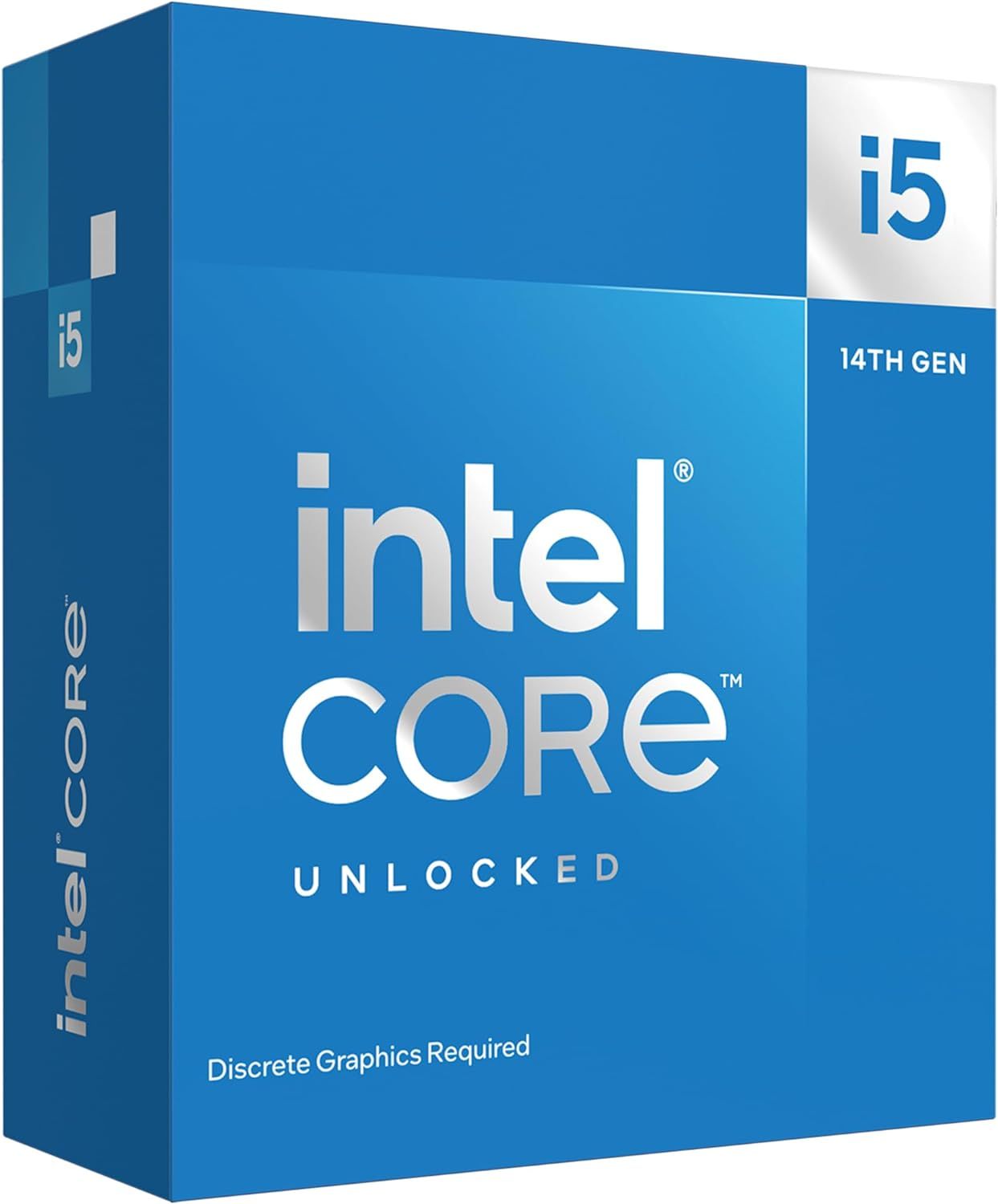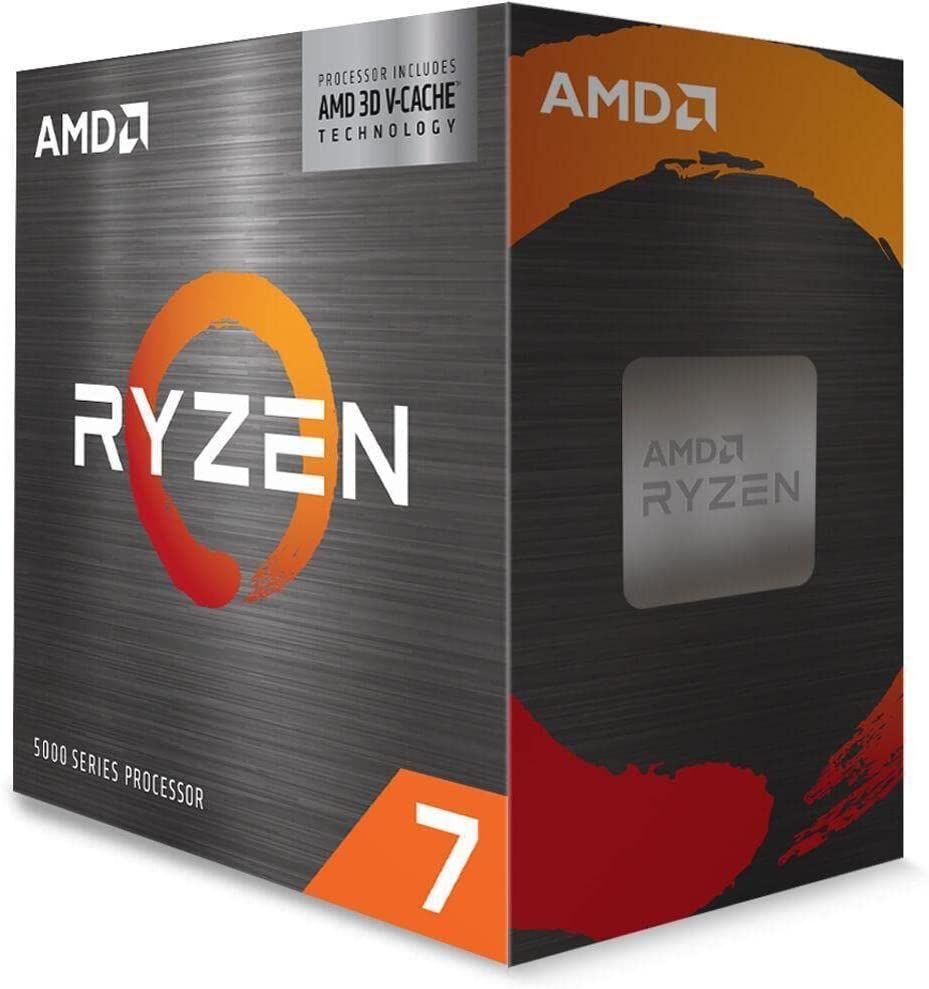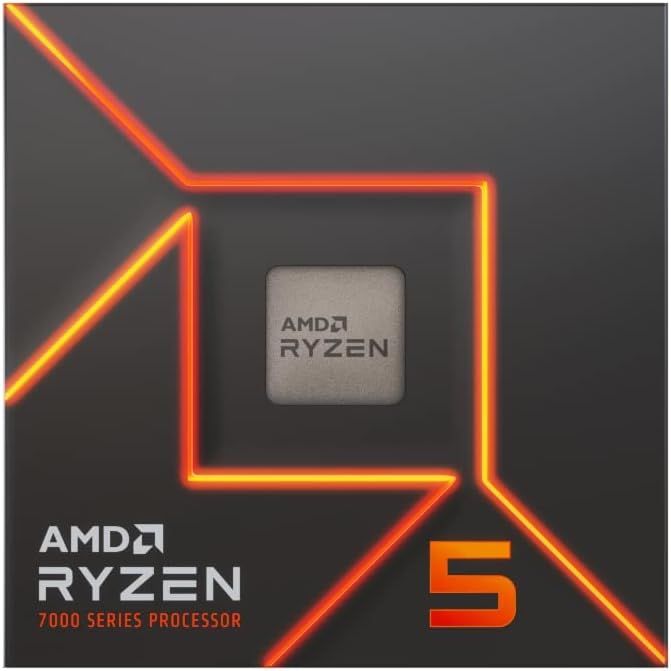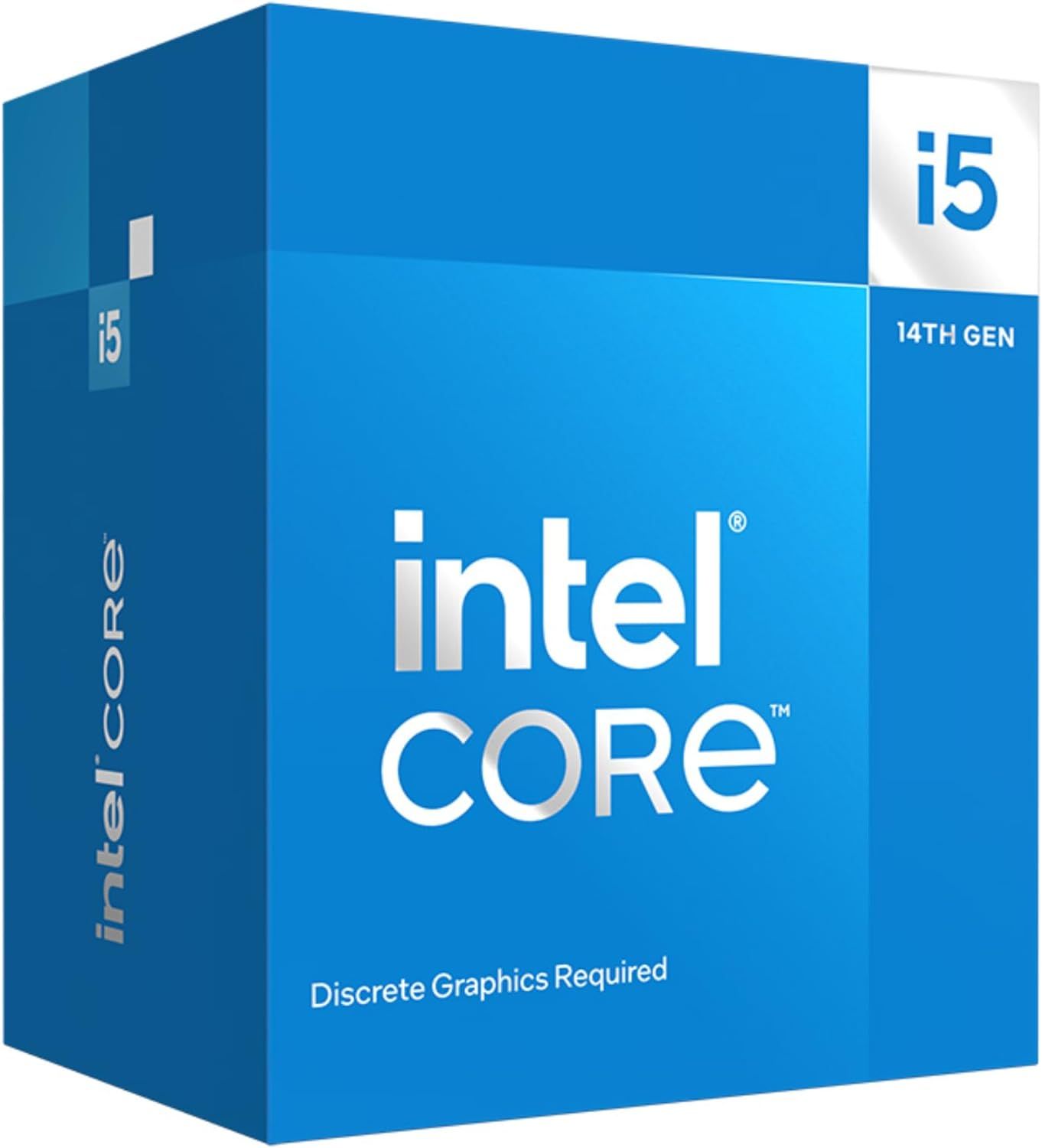Choosing a CPU that can game well can be complicated, thanks to the plethora of options available to prospective buyers in 2024. Modern PCs are much more powerful than their predecessors and can handle many tasks well beyond the basics, while also meeting more complex needs. A CPU that might be great at handling multitasking or large workloads might not necessarily be a great CPU for gaming, however.
This is due to most recent titles and game engines being limited in terms of the number of cores they use efficiently, with a significant bias when it comes to single-threaded performance, which can correlate with better IPC performance and a higher clock speed in addition to more fast CPU-level memory on offer (L1, L2 and L3 caches). The latter allows some of AMD's X3D-based CPUs to pull considerably ahead of the competition despite having lower clocks on offer.
While modern gaming GPUs easily tend to take the lion's share of one's budget when it comes to gaming PCs in general, finding the best gaming CPU is a task that shouldn't be ignored, lest it create unnecessary bottlenecks for gamers, especially at higher performance tiers. CPU-induced bottlenecks can effectively limit the performance of a PC for gaming, even for gamers using the latest and greatest GPU money can buy. Some CPUs are built from the ground up with features or specialized hardware to perform better for gaming than regular work due to optimizations that tend to favor performance in games and video game engines in particular, such as the Ryzen 7000 and 5000-based X3D processor lineup.
Whether you're looking for the best budget CPU for gaming, the best Intel CPU for gaming, the best AMD CPU for gaming, or something else, Game ZXC has you covered with this list!
Updated June 8th, 2024, by Rahim Amir: The guide was updated to account for the newer Intel Core i9 14900KS CPU and a series of price cuts that saw multiple CPUs become more competitive against the backdrop of pending AMD Ryzen 9000 series Desktop CPU lineup releases as early as July 2024.

The Best CPUs in 2024
Intel, AMD, and now even ARM CPU's are competing for the best CPU spot on the mark. How you work and what your budget is will determine this decision.
Game ZXC's Picks for the Best Gaming CPUs in 2024
The AMD Ryzen 7 7800X3D is a relatively undisputed pick for the best CPU for gaming and resultantly also doubles as the best AMD CPU for gaming. Its 8-Core, 16-Thread offerings might be more akin to mid-range Intel and AMD offerings, but the ace up its sleeve is its impressive 3D V-Cache that allows the 7800X3D to sport a whopping 96MB of L3 Cache, making it one of the fastest performing CPUs across multiple tests as it completely obliterates AMD's 7000 series processors while scoring high more often than not versus Intel's latest and greatest 14th generation CPUs.
Given AMD's penchant for discounts, thanks to newer Zen 5-based CPUs being on the horizon, it rarely trades close to MSRP. At the time of writing, it trades at a sub-$110 discount over its stated price which makes it a relatively far easier bargain than most of its peers with ease.
Being on the newer AM5 platform, it also has support for PCI-E 5.0 and DDR5 memory while running at significantly lower power than its competition, often at half or lower power draw, averaging an approximate 50W across titles in terms of power consumption reported at a CPU level.
All in all, it is an excellent CPU for gaming with efficiency and speed, both important factors in it being our best overall pick for gaming as it is both the fastest overall AMD CPU and overall in terms of benchmarked gains. For creators that need the speeds the 7800X3D offers but who also want extra multicore performance or power under the hood, AMD also offers a similarly performing 16-core version of the same, albeit at a higher price in the shape of the Ryzen 9 7950X3D.
The Ryzen 7 7800X3D maintains its top position on Game ZXC's list simply due to its virtue of being the fastest CPU for gaming across the board, taking out both AMD and Intel's CPU offerings with ease in terms of raw performance as it taps into its large stacked 3D V-cache to excellent effect in the most demanding of gaming titles with ease. It also trades at a significantly better price-to-performance ratio versus Intel's latest 14th-generation CPUs across the board.
The Intel Core i9 14900KS is a powerful 24-core, 32-thread CPU that offers a better, cherry-picked Core i9 14900K experience for overclockers and enthusiasts alike. Both CPUs can clock up to 6 GHz single-core speeds easily, but the 14900KS can push up to 6.2 GHz, which earns it the crown of what is the highest-clocked Intel CPU out of the box to date.
The CPU, which is otherwise identical to its predecessor the 13900KS in terms of configuration and underlying architecture, manages to offer better performance due to higher clocks on its 8 performance and 16 efficiency cores. It further closes the gap on the gaming lead that AMD currently enjoys with its cache-heavy Ryzen 7 7800X3D, thanks to its increased clock speeds.
The 14900KS also offers substantial value thanks to its strong multicore, multi-threaded performance. This makes it more than just a gaming CPU, but a more well-rounded workhorse that delivers on multiple fronts. Ultimately, it emerges as a key contender for the best gaming CPU in 2024 , dominating productivity benchmarks with ease.
Intel also continues to leverage AI in its tweaking tools to find even higher clocks in ideal situations for overclockers using its XTU (Intel Extreme Tuning Utility) software. That can result in the 14900KS offering a better experience in certain setups, especially with the Intel® Application Optimization (APO) approach finding increased support from titles such as World of Warcraft, which leverage its scheduler optimizations to deliver better performance compared to its competition, even as Intel plans to allow for support for Intel 12th and 13th generation CPUs down the line.
The Intel Core i9 14900KS is currently part of a set of qualifying Intel 14th-generation CPUs that get a free copy of Star Wars Outlaws at launch as part of an ongoing promotion.
The Intel Core i5 14600KF is Intel's answer to the mid-range Ryzen 5 7600X and Ryzen 7 7700X as it offers more cores, better gaming performance, and higher clocks than its predecessor in a bid to replace the very well-received Intel Core i5 13600K/KF CPUs. The 14-core, 20-thread CPU offers better performance thanks to it pushing its Raptor Lake Refresh cores just short of the last generation 13700K.
Part of its value addition is due to its cheaper MSRP versus the 14600K, which offers an integrated GPU to end-users who need one. While it is an excellent addition for most casual users, it is woefully inadequate for gaming uses. The saved money is nearly always better spent on a discrete GPU offering instead of a redundant on-chip solution when it comes to gamers.
However, the 14600KF does need a dGPU from the get-go so users looking to delay an upgrade would need to keep one handy irrespective of the use of the CPU, which also requires pairing with a decent cooling solution to ensure it doesn't throttle thermal during extended gaming sessions. All in all, while Intel's latest upgrade does the bare minimum, it replaces a very competitive CPU and without any major overtures from AMD, one that continues to dominate its position at a price point that sits notoriously close to the Ryzen 7 7700X while drawing favorable comparisons.
The Intel Core i5 14600K is currently part of a set of qualifying Intel 14th-generation CPUs that get a free copy of Star Wars Outlaws at launch as part of an ongoing promotion.
For users looking to game on AMD's older, but still supported Socket AM4 motherboards, the AMD Ryzen 7 5800X3D remains the best choice available, even if it comes at a relatively unwanted price tag in 2024. The CPU leverages its octa-core Zen 3 configuration and a large stacked 96 MB L3 cache to deliver performance that rivals Intel's higher-clocked offerings from the 12th and the 13th generation in most games.
It allows users to use existing AM4 motherboards and DDR4 RAM, which could be a factor especially when considering how many users are on legacy high memory configurations and high-end X570-based motherboards and might be reluctant to do a makeover that could require replacing three components (Motherboard, CPU and RAM), versus one.
The 5800X3D does have some facts riding against it when it comes to cost. AMD's newer Ryzen 5 7600X chip does beat it soundly in most games, even in a 6-core, 12-thread configuration, with ease. This allows the 7600 to feature prominently in multiple builds under $1000 as it offers a significant price edge versus most of its peers while delivering on performance and efficiency alike.
The AMD Ryzen 5 7600 is a hexacore Zen 4-based CPU that works on AMD's newer AM5 socket. It offers support for DDR5 and PCI-E 5.0 storage and GPUs alike, making it a great future-proof option for gaming. Even though it comes unlocked out of the box, it still comes with a capable entry-level stock cooler, making it a great budget option that easily outperforms its competition in most titles.
It clocks in well under $200, while offering better single-core performance than its alternative, the Intel Core i5 14400/14400F, which also costs slightly more than Team Red's offering. One point of concern that potential buyers might have when it comes to the 7600 is how a hexacore CPU would hold up in future 2024 titles and beyond, with octa-core CPUs already becoming more mainstream.
This is driven by both best-in-class performance from AMD and Intel's Big-Little approach that sees 8 P-Cores in play across the Core i7 and Core i9 desktop lineup across the last 3 generations. Thankfully, users on a Ryzen 5 7600 now or planning to upgrade to one have plenty to look forward to. AMD is now promising support for up to at least 2027 for socket AM5, which should make for an easy and cost-effective upgrade-friendly play for gamers in the near future.
For users upgrading an existing 12th or 13th-generation Intel motherboard or those requiring more cores for their needs, the Intel Core i5-14400F is an excellent 10-core, 16-thread CPU option for gaming and productivity alike. It works with all existing LGA 1700 motherboards and their underlying chipsets, while extending compatibility with both DDR4 and DDR5 memory. This does depend on the choices made by the user, as DDR4 or DDR5 RAM compatibility is also contingent on the motherboard's support for the relevant memory standard. They are not backward or forward-compatible and have different slot designs to avoid user error.
The 14400F skips an iGPU, but throws in four additional efficient cores instead, while coming with a stock Intel cooler as a locked CPU. The latter means that it can not be overclocked, unlike its AMD competition for higher performance. It does, however, come with higher boost clocks across both its performance and efficient cores alike in 2024, making for a powerful, yet balanced offering for users upgrading from an LGA 1700-based CPU or opting to stay with Intel in the near future.
The Intel Core i5 14400F is currently part of a set of qualifying Intel 14th-generation CPUs that get a free copy of Star Wars Outlaws at launch as part of an ongoing promotion.
Choosing The Best CPUs For Gaming
Picking a CPU for gaming used to be a simpler affair. CPU options were few and offered significantly different performance tiers from generation to generation. Since then, due to Moore's law arguably not being a reliable projection anymore, coupled with gains that often sit anywhere between 5-15% generation to generation, we have multiple generations of CPUs often competing at similar price points, which makes gamers choose from a plethora of options to get the one CPU that suits their needs above and beyond its peers.
It is important to note that a gaming CPU's performance and subsequent choice for gamers boils down to three key factors: Single-core performance, number of cores in play, and, most importantly, pricing.
Single-Core Performance: This is perhaps the most important factor when it comes to determining how a CPU is going to factor in terms of gaming for users. Most games have a clear performance bias for single-core performance. Titles run only as fast as their primary thread can process information, making single-core performance a key metric, and by proxy, clock speeds and instructions per cycle (IPC) count as important determining factors when it comes to deciding how much performance a CPU can deliver in various titles.
There are exceptions to the rule: AMD's Ryzen 7 7800X3D CPUs use both the newer Zen 4 cores and the stacked L3 cache to allow for much faster access to larger chunks of data than most of their competing peers from Intel and AMD's non-X3D processors can offer, making for an excellent, gaming-centric performer. While it has a lower clock speed than some of Intel's fastest CPUs on offer such as the Core i9 14900K (5GHz vs 6GHz), it does compare considerably more favorably than Intel's finest when performance in video games is the primary metric to be considered.
Number of Cores: As modern games and modern game engines continue to get increasingly complex, modern CPUs also handle multiple tasks and do so better than previous titles due to better scheduling, smarter game engines, and generally more distributed computing workloads. While modern hexacore CPUs more or less keep up with the needs of most titles, we have seen octa-core CPUs gaining ground due to the increasing computing needs of various new games, making them a key factor for various games that often utilize the extra cores (which used to be parked) in more effective ways.
This is only expected to grow given that most modern PCs have a minimum of 4 cores on offer and modern consoles such as the PlayStation 5 and Xbox Series X both come with octa-core AMD Zen-based X86 CPUs in tow, making most console-centric titles a relatively optimized affair for 8-core CPUs even as their PC ports often arrive at later dates at times.
Pricing: Most modern CPUs can handle gaming fairly well irrespective of the price they command, but the sweet spot for gaming lies in the $200 to $400 range where the CPUs offer their best value for money to gamers and enthusiasts. Splurging what can often be hundreds of dollars to get a single percentage point increase in FPS might not be everyone's idea of great value for money even as modern GPUs continue to increase in price and arguably deliver much more stellar performance gains per dollar spent.
This means that the balance has somewhat shifted with Intel's Core i7 and AMD's Ryzen 7 CPUs often being overshadowed by their Core i5 and Ryzen 5 counterparts when it comes to value-centric purchases, many of which offer significantly better value than their higher-priced siblings that often barely move the needle for the extra money spent. Price-conscious gamers are considerably more inclined to go mid-range when it comes to CPUs for gaming.
FAQ
Q: Why is single-core performance so important for games?
Video games are complex code structures that often consist of millions of lines of code. As a result, they are often unable to fully exploit multicore performance as one thread or core often bears the brunt of our game-centric demands of the CPU.
This is often demonstrated as an existing bias in terms of raw performance in multiple game titles that rely on it as a good benchmark of how well the title will run on a modern processor such as the Intel Core i9 14900K which can push 6GHz and leads single thread charts currently.
Q: Which processors come with a CPU cooler?
All locked Intel processors come with a stock CPU cooler in the box. All unlocked Intel CPUs ship without one as users are expected to use adequate cooling to get more performance out of the CPU in an overclocked state.
For AMD, this seems to be more centric to which tier the CPU belongs to; cheaper CPUs tend to have stock coolers on offer as more expensive, larger CPUs including those for gaming seem to skip on one altogether.

